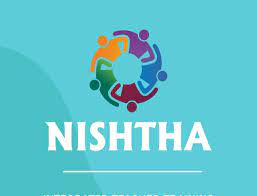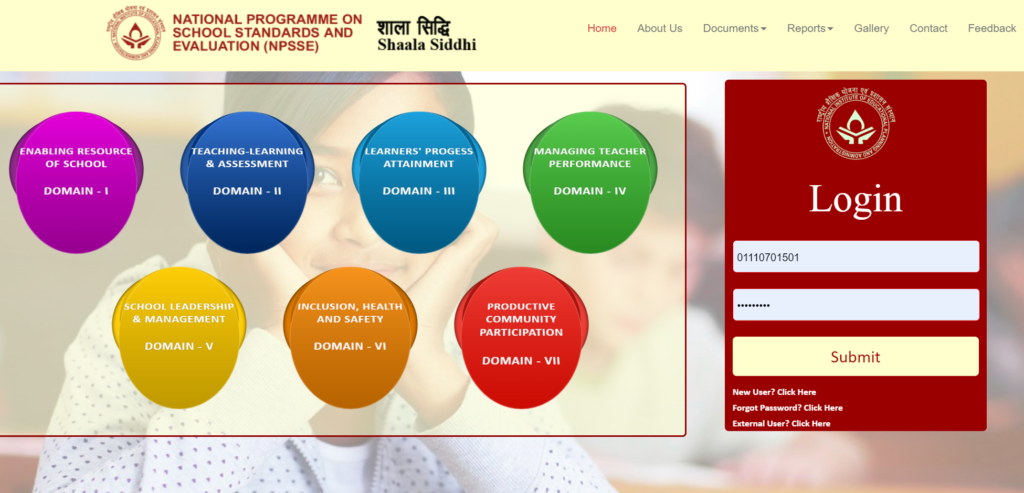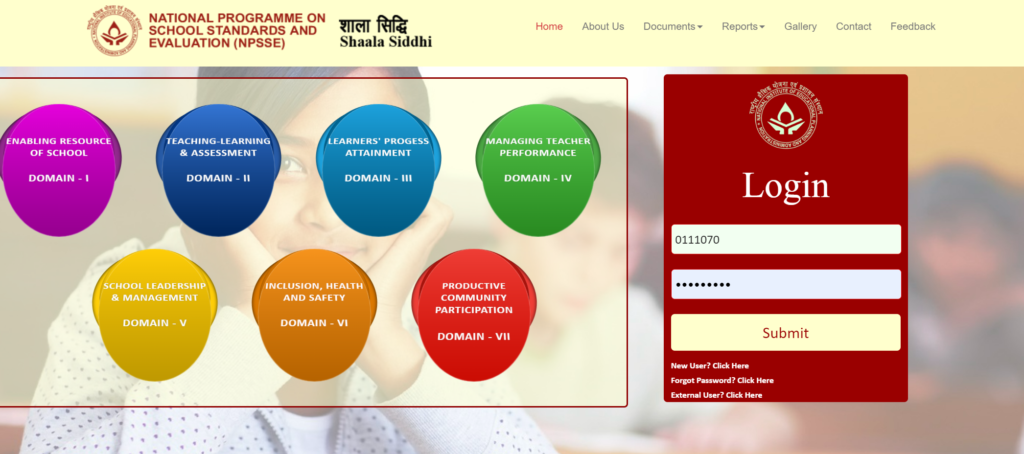Table of Contents
ToggleEcce Nishtha 4.0 course 4:Partnership with Parents and the communities-
Welcome, passionate educators and advocates for Early Childhood Care and Education (ECCE)! Today, we embark on an enlightening journey as we explore the answer key for ECCE Course, focusing on the vital aspect of building partnerships with parents and communities. In the dynamic realm of early childhood education, collaboration between educators, parents, and communities plays a pivotal role in shaping the holistic development of our young learners. Join me as we unravel the answers to key questions, emphasizing the significance of these partnerships and the positive impact they have on the educational landscape.Establishing partnerships with parents and communities is fundamental in ECCE because it creates a collaborative ecosystem that nurtures a child’s development comprehensively. Parents are a child’s first teachers, and when educators and families work hand in hand, it enhances the child’s learning experience both at home and in educational settings. Involving communities extends the support network, fostering a holistic approach to education that addresses not only academic but also social, emotional, and cultural aspects of a child’s growth.

ECCE NISHTHA 4.0 Course 4: Answer Key
Q. What should be the suitable way to develop a stronger bond between school and families?
i. Teacher send only good report of children to their parents
ii. There is a continuous communication between both on all the aspect of children’s learning and development (✔)
iii. The school give award to participating parents
iv. Parents may good dishes and share with the teachers
Q. Foundational language and literacy skill are related to :
i. Children’s interest in drawing
ii. Arithmetic score of children
iii. Childrens skill related to language
experience communication etc (✔)
iv. children’s ability to respond quickly
ECCE NISHTHA 4.0 Course 4: Answer Key
Q. The different methods of organic ECC advocacy programming for the community could be:
i. Local dance, folk dance, streat play,puppet shows (✔)
ii. movies show
iii. Dance show /performance
iv. Get together
Q. Regular sustainate communication with parents and motivating them is important to :
i. involve parent and families for the school fair
ii. involve parent and families off SMC (✔)
iii. involve parent and families for cultural programming of the school
iv. involve parents and families for FLN
ECCE NISHTHA 4.0 Course 4: Answer Key
Q. According to NEP 2020 the Foundation stage comprises of children in the age group:
i. 3to6 years
ii. 4to8 years
iii. 3to8 years (✔)
iv. 5to9 years
Q. Parents can sing a long with their children and encourage them to identify the:
i. Printed words (✔)
ii. Number of pages
iii. Rhyming word in a poem /song
iv. Number of paragraph in a poem
Q. Community and parents should we made aware of the learning levels of children to:
i. Act as volunteers to support the school
ii. critically analysis the work of teachers
iii. Achieve better learning outcomes (✔)
iv. be come partners with school
Q. How regular update to Parent can be sent by the aw /teachers?
i. By keeping note in the child’s dress pocket
ii. Through loose circular kept in the child’s bag
iii. verbally through the child
iv. By writing diary notes (✔
Q. Parents individually or as a group can set up appropriate activities contextual to the:
i. Child and her his village surroundings
ii. Child’s surrounding and experiences (✔)
iii. School surrounding and experiences
iv. Neighborhood surrounding and experience
Ecce NISHTHA 4.0 Course 4: Answer Key
Q. Which of the following does not represent a preschool?
i. Nursery School
ii. Anganwadi
iii. Senior Secondary School (✔)
iv. Balwadi
Q. Why the support from the parent is required at the ECCE stage?
i. For enhancing foundational literacy and Numeracy skills (✔)
ii. Since children spend out of school time ate home
iii. Teachers feel happy if children are studying at home
iv. Parents feel satisfied to teach their children
Q.Why the involvement of the community is beneficial for the school and the children?
i. The teacher feel secure is the community supports
ii. The community love its children
iii. The community leader dominate in their area
iv. The community has multiple refurbs age girl financial and human which can be helpful for Anganwadi free school and the children (✔)
Q. Which of the following Activity the suggested for engaging parents
i. Sharing of other children’s progress cards
ii. Sharing of the school budget
iii. Sharing of comprehensive report card of the child (✔)
iv. Sharing of teachers attendance
Ecce NISHTHA 4.0 Course 4 Answer Key
Q. How the parents guardians can be assisted in providing supports to their children will they are at home?
i. suggesting tutors for tuitions
ii. Calling them to the classroom and demonstrating (✔)
iii. Asking them to force children to sit and study for a certain period of time
iv. Not providing any assistant as the parents are already capable
Q. Creating a receiver centre in the classroom /school for the parents/ families will help parent to
i. visit School often and meet the teachers on a regular basis
ii. Build a bonding with the school
iii. Borrow relevant /books metre materials to support children’s learning (√)
iv. Develop interest in books/reading mateαις
Q.When parents involve children in making low cost toys, it help in the development of:
i. Not only creative skills but children also get a chance to be with their parents
ii. Not only creative skill but children also get a sense of families feeling
iii. Not only creative skill but children also get a chance to talk to their parents
iv. Not only creative skill but children also get a sense of proportion and background on spatial and concepts(✔)
Q. Anganwadi worker teacher is following a good communication practice if she;
i. Talks to and communicates with a selected A group of parents only
ii. Acknowledge a note from the parents but does not respond
iii. Acknowledge a note from the parents and does not facilitate further communication
iv. Acknowledge a note from the parent and adds her/his own comments to facilitate further communication (✔)
“ECCE NISHTHA 4.0” is a course designed to train teachers in early childhood care and education (ECCE) in India. The importance of this course lies in several key areas:
Professional Development: ECCE NISHTHA 4.0 aims to enhance the professional capabilities of teachers in the ECCE sector. It provides them with the necessary knowledge and skills to effectively engage with young children, understanding their developmental needs and creating conducive learning environments.
Quality Early Childhood Education: Early childhood education lays the foundation for a child’s lifelong learning journey. Teachers trained through ECCE NISHTHA 4.0 are better equipped to provide quality education to young children, ensuring holistic development across cognitive, social, emotional, and physical domains.
Inclusive Education Practices: The course emphasizes inclusive education practices, enabling teachers to cater to the diverse needs of children, including those with special needs or from marginalized communities. This fosters an inclusive learning environment where every child feels valued and supported.
Pedagogical Innovations: ECCE NISHTHA 4.0 introduces teachers to innovative pedagogical approaches and teaching methodologies suitable for early childhood education. This includes play-based learning, interactive teaching methods, and creative activities that promote active engagement and critical thinking among children.
Parental Engagement: The course also focuses on fostering collaboration between teachers and parents/caregivers. Educating parents about the importance of early childhood education and involving them in their child’s learning process can significantly enhance the overall development and academic success of children.
Professional Networking: ECCE NISHTHA 4.0 provides a platform for teachers to network with peers, share best practices, and learn from each other’s experiences. This collaborative approach fosters continuous learning and professional growth within the ECCE community.
Government Initiative: ECCE NISHTHA 4.0 is part of the Indian government’s larger initiative to strengthen the ECCE sector. By investing in teacher training programs like ECCE NISHTHA, the government aims to improve the overall quality of early childhood education in the country, aligning with national educational goals and frameworks.
In summary, ECCE NISHTHA 4.0 COURSE 4 : partnership with parent and communities is
is important for enhancing the professional competence of teachers, improving the quality of early childhood education, promoting inclusivity, fostering pedagogical innovations, engaging parents, facilitating professional networking, and contributing to the government’s efforts in strengthening the ECCE sector in India




Pingback: Nishtha 4.0 ECCE Diksha Course (Module) 5 Quiz Answer Key 2023 - Mendhar.com
Pingback: Nishtha 4.0 ECCE Diksha Course 6 Answer Key:Birth to 3 years-Early interventions for Special needs - Mendhar.com